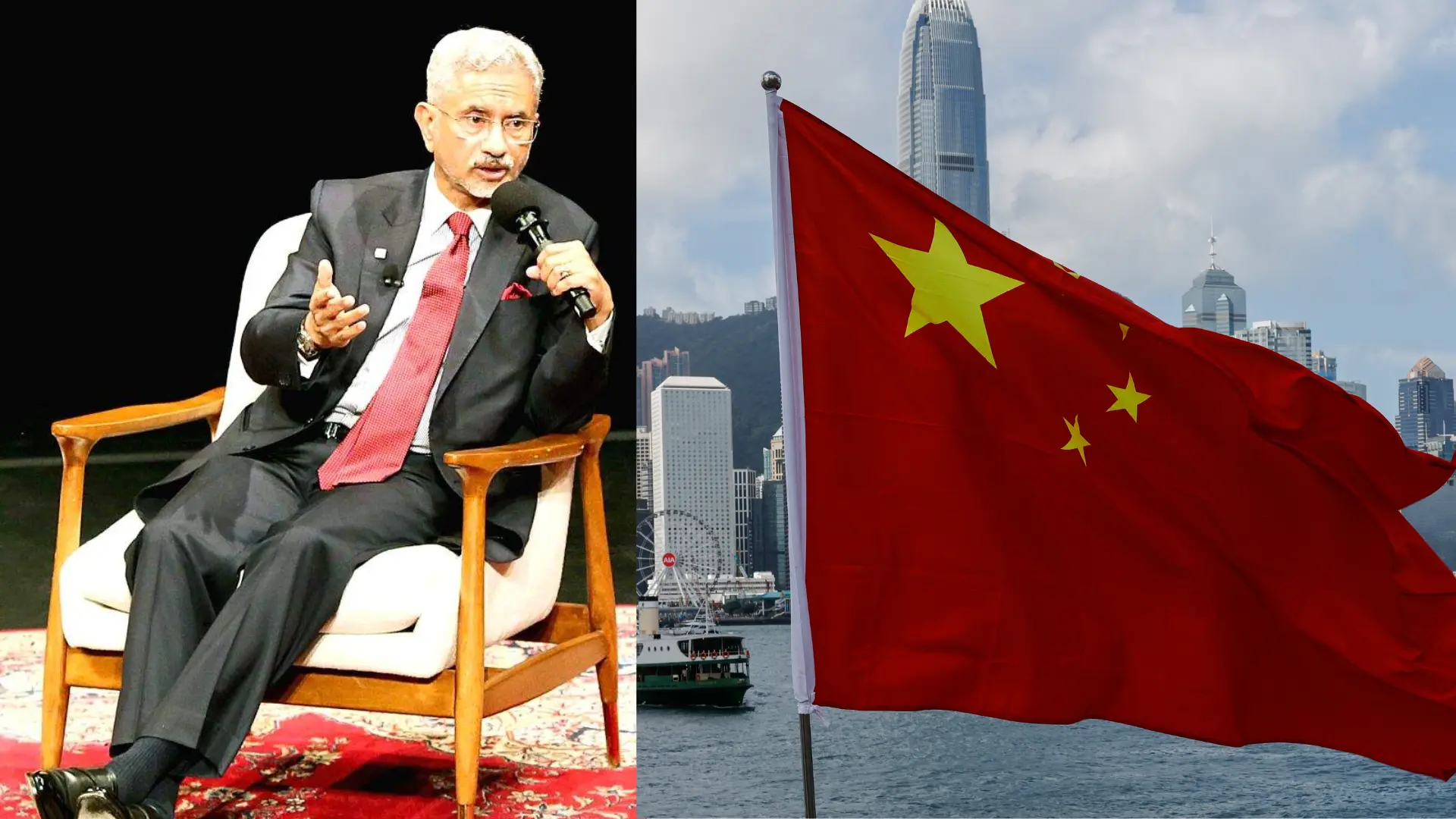

On Tuesday, September 24, Indian External Affairs Minister S. Jaishankar was in New York to attend an event titled ‘India, Asia and the World’ hosted by the Asia Society and Asia Society Policy Institute. The event came just days ahead of S. Jaishankar’s address to the United Nations General Assembly, which will focus more on India’s diplomacy in the global order.
While addressing the event, on the question of India-China relationship, he emphasised that the relationship between India and China is important as both rising powers are the future of Asia, and also for the entire multi-polar global world .
“If the world is to be multi-polar, Asia has to be multi-polar,” Jaishankar said.
“You have two countries who are neighbours, unique in the sense that they are the only two countries with over a billion people, both rising in the global order and who often have overlapping peripheries, including the fact that they have a common border. I think, if you look today in global politics, the parallel rises of India and China present a very, very unique problem,” he said.
MUST READ: Germany’s Green Party Co-Leaders Ricarda Lang and Omid Nouripour Resign After Poor Election Results
EAM Jaishankar has highlighted how Asian giants, India and China, had a “difficult history’, and how it is a complicated issue. Two neighbours shared a 3,500-kilometre disputed border and complex geopolitical relationship.
Emphasizing the disengagement issue referring to his earlier comment that 75% dispute has been sorted out, he said, “When I said 75 percent of it has been sorted out – I was asked in a way to quantify – it’s only the disengagement. So that’s one part of the problem.”
He pointed out the main issue between the countries as patrolling around Line of Actual Control, which has been disturbed after the 2020 clash in Galwan valley.
“There is the larger issue as both of us have brought a very large number of troops up to the border”. “So there is what we call the de-escalation issue, and then there is the larger, the next step is really, how do you deal with the rest of the relationship?”, he added,.
In the 2020 Galwan clash, in which troops on both sides were killed, which has strained the bilateral relationship. Jaishankar said “Until we can restore peace on the border and ensure the agreements are adhered to, it’s difficult to carry on with the rest of the relationship.”
Dr Jaishankar also maintained his stance of working towards improving more tranquil and peaceful relations between the countries as that both China and India are the main actors of the Asia-pacific region. Moreover, in regard to India’s Act East Policy, which has grown beyond ASEAN and contributed to the development of the Indo-Pacific as a strategic region, China seems important.
ALSO READ: S. Jaishankar Meets G4 Foreign Ministers For UNSC Reform Talks
Ukrainian President confirmed that 21 people, including six children, were killed in recent Russian attacks…
US Immigration and Customs Enforcement (ICE) said in a recent court filing that deporting Mr…
Papua New Guinea lies within the volatile Pacific Ring of Fire, a seismic zone known…
The privately funded mission, named Fram2, was commissioned by Maltese-Chinese billionaire Chun Wang and aimed…
According to the State of Forests Report, Telangana’s forests occupy about 24% of the state's…
Cavit Çetin Günîr, who portrays the fierce warrior Doğan Bey in the popular Turkish show…